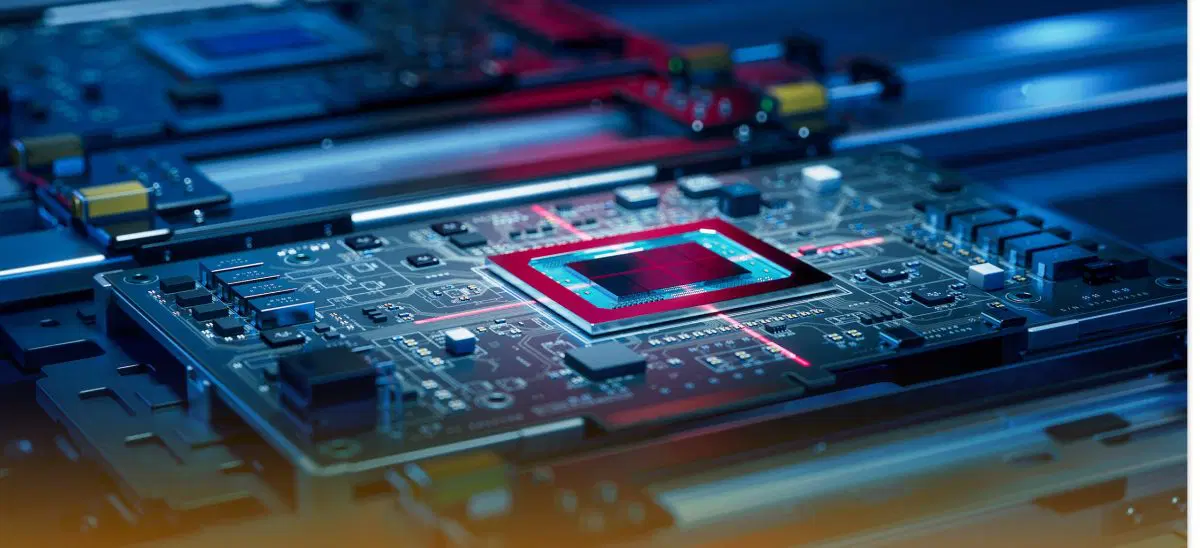In the fast-paced world of technology, understanding the components that make your devices tick is essential. One key player in this realm is the PCBA manufacturer. But what exactly does this term encompass? A Printed Circuit Board Assembly (PCBA) serves as a foundation for most electronic devices, connecting various components and ensuring they work seamlessly together.
As industries continue to evolve and demand more sophisticated electronics, knowing about PCBA manufacturers becomes crucial for businesses looking to innovate. Whether you’re developing wearable tech or smart home devices, partnering with a skilled PCBA manufacturer can be the difference between success and failure. Let’s dive deeper into what these manufacturers do and why they matter in today’s tech landscape.
AD
The Role of a PCBA Manufacturer
A PCBA manufacturer plays a crucial role in the electronics industry. They specialize in assembling printed circuit boards with precision and efficiency.
These manufacturers transform raw materials into functional components. They handle everything from soldering to testing, ensuring that each board meets stringent quality standards.
Their expertise extends beyond just assembly. Many PCBA manufacturers offer design support, helping clients optimize their layouts for better performance. This collaborative approach can significantly enhance product reliability.
Additionally, they manage supply chain logistics, sourcing components and managing inventory effectively. This ensures timely production schedules and reduces lead times for businesses.
With advanced machinery and skilled technicians, these manufacturers adapt to various industries. Whether it’s automotive or consumer electronics, their ability to produce high-quality boards is vital for innovation and progress.
Benefits of Working with a PCBA Manufacturer
Partnering with a PCBA manufacturer offers numerous advantages for businesses in electronics. First and foremost, they bring specialized expertise to the table. Their deep understanding of circuit board assembly ensures high-quality production.
Cost efficiency is another significant benefit. By outsourcing PCB assembly, companies can reduce overhead costs associated with hiring and training staff or investing in expensive machinery.
Time savings are equally crucial. A skilled PCBA manufacturer streamlines the production process, allowing businesses to focus on design and innovation rather than getting bogged down in manufacturing details.
Quality assurance is inherent in their operations. Many manufacturers adhere to strict industry standards, resulting in reliable products that meet regulatory requirements.
Flexibility also plays a role; whether you need small batches or mass production runs, a good manufacturer can adapt to your needs swiftly without compromising quality. These factors make collaborations with PCBA manufacturers highly valuable for tech-driven enterprises.
Factors to Consider when Choosing a PCBA Manufacturer
Choosing the right PCBA manufacturer is crucial for your project’s success. Start by evaluating their experience and expertise in your specific industry. A manufacturer familiar with your field can better understand unique challenges.
Quality assurance processes are also essential. Look for certifications such as ISO 9001, which indicate a commitment to high standards. This ensures reliable production and fewer defects in the final product.
Consider the manufacturer’s capacity to scale operations as needed. If you anticipate growth or fluctuations in demand, a flexible partner can adapt accordingly.
Communication plays a vital role too. A responsive team will make collaboration smoother and help address issues quickly.
Don’t overlook cost-effectiveness but remember that cheaper isn’t always better. Weighing quality against price will guide you toward a more sustainable choice long-term.
Trends and Innovations in the PCBA Manufacturing Industry
The PCBA manufacturing industry is witnessing rapid advancements driven by technology. Automation plays a pivotal role, streamlining assembly processes and enhancing precision. With robotic arms and AI integration, manufacturers can achieve faster production rates with minimal errors.
Another notable trend is the shift towards eco-friendly practices. Many companies are adopting sustainable materials and processes to reduce their environmental footprint. This not only meets regulatory demands but also appeals to an increasingly environmentally-conscious market.
Furthermore, smart manufacturing is on the rise. The implementation of IoT technologies allows for real-time monitoring of production lines, leading to improved efficiency and quicker response times.
Customization is gaining traction as well. Clients are now seeking tailored solutions that cater specifically to unique project requirements, creating opportunities for innovative design approaches in PCBAs.
Emerging technologies like 5G connectivity are influencing designs too. As industries move toward smarter devices, PCBA manufacturers must adapt quickly to meet new technological demands.
Common Misconceptions about PCBA Manufacturers
Many people think that PCBA manufacturers only assemble circuit boards. This view overlooks the extensive range of services they offer, including design support and testing.
Another common misconception is that all PCBAs are produced in one location. In reality, many manufacturers operate globally, utilizing various facilities to optimize production efficiency and reduce costs.
Some assume that higher prices guarantee better quality. While cost can be an indicator of quality, it’s essential to evaluate a manufacturer based on their track record and certifications rather than price alone.
There’s a belief that small businesses cannot access top-tier PCBA manufacturers. Many companies cater specifically to smaller enterprises, providing tailored solutions without compromising on quality or service.
Conclusion
Understanding the role of a PCBA manufacturer is essential for anyone involved in electronics development. They are key partners, facilitating the transition from concept to reality by assembling printed circuit boards (PCBs) and integrating various electronic components. By leveraging their expertise, businesses can enhance product quality while reducing time-to-market.
Choosing the right PCBA manufacturer involves careful consideration of several factors such as capabilities, certifications, communication, and pricing. It’s crucial to evaluate these elements thoroughly to ensure that your needs align with what the manufacturer offers.
As technology continues to evolve, so does the landscape of PCBA manufacturing. Innovations like automation and smart manufacturing processes are reshaping how products are designed and produced. Staying informed about these trends will help businesses remain competitive in an increasingly complex market.
Misunderstandings surrounding PCBA manufacturers still exist; they aren’t just assemblers but integral parts of the design process who contribute significantly to ensuring quality and reliability in electronic products.
Whether you’re developing consumer electronics or industrial devices, partnering with a skilled PCBA manufacturer can make all the difference in achieving your goals efficiently and effectively. Embracing this collaboration opens doors to innovation while optimizing production processes.








